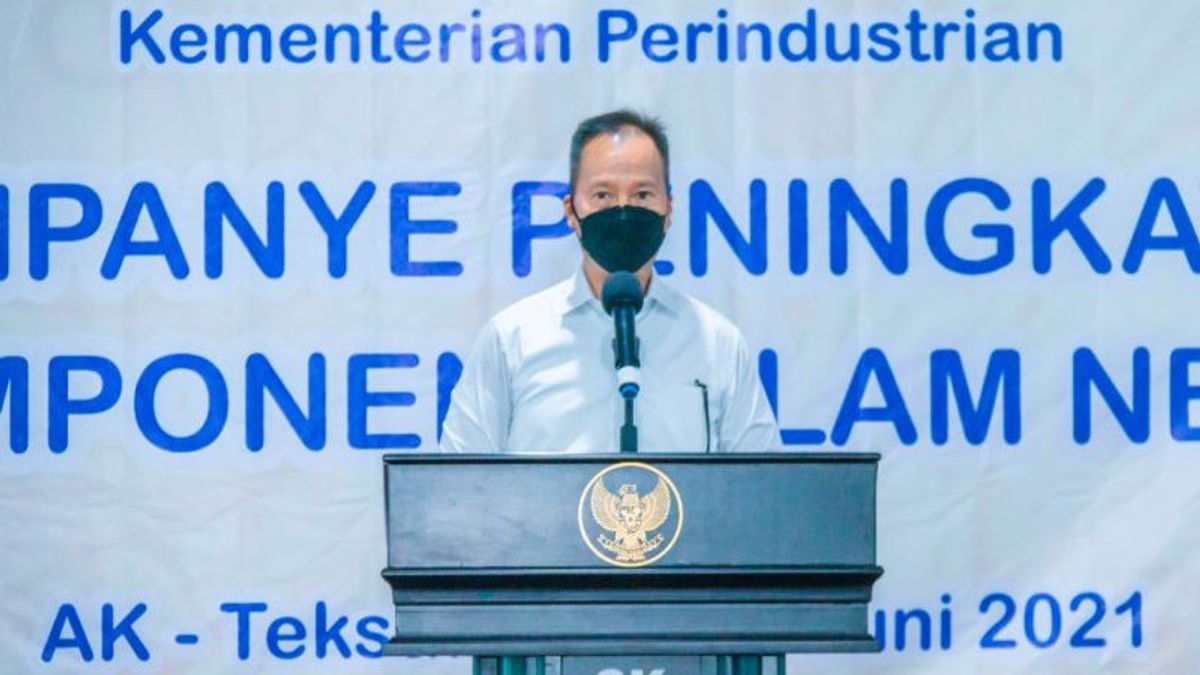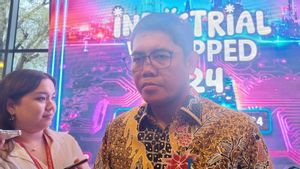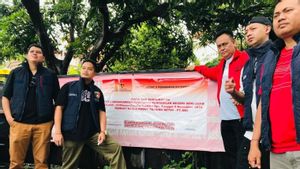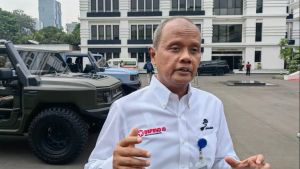JAKARTA - The Ministry of Industry (Kemenperin) is committed to spurring industrial development through the concept of a green industry with the principle of using natural resources that are efficient, can be reused, environmentally friendly, sustainable, and utilize waste as alternative energy.
Minister of Industry (Menperin) Agus Gumiwang Kartasasmita said that the waste problem in Indonesia continues to develop and is a problem that requires an immediate solution to be overcome together.
This is because, from the current collection of plastic waste, only about 20 percent can be used as a plastic raw material with a quality food grade.
Therefore, one of the national waste management approaches is the circular economy (circular economy) approach.
"The proof of the application of circular economy to waste processing is in the form of recycling. Moreover, this kind of business opportunity is in sight. The trend to use recycled products is getting higher, especially in overseas markets, which will target our export market," Agus said as quoted on Thursday, February 9.
The application of the circular economy concept needs to be based on the principle of reuse to maximize the economic value of consumer remaining goods.
"The available resources will continue to be utilized through the use of materials that continue to rotate in an economic circle so that they can be used continuously," said Agus.
Agus explained that the plastic recycling industry chain is a circular economy which is now in the spotlight a lot.
This sector processes plastic waste such as packaging and other plastic goods into added products, ranging from recycled resin to finished products such as plastic, textile, and palette goods.
"Currently, the population of the plastic recycling industry in Indonesia is around 241 industries with an investment value of IDR 20 trillion," explained Agus
"And production capability of 2.54 million tons per year and will continue to increase along with the government's commitment to reduce plastic waste in the oceans by 70 percent by 2025, with the growth of the national recycling industry," he continued.
Agus admitted that his party had implemented various policies to encourage the growth of the plastic recycling industry through the implementation of procedures for the production of recycled PET for food packaging, Indonesian National Standards (SNI) for recycling PET resin, as well as providing incentives for reducing PPn for the plastic recycling industry.
"This effort is expected to be able to build a circular economic ecosystem through the processing of plastic waste in Indonesia, stimulate the national plastic recycling industry, and strengthen the infrastructure of the circular economy movement in Indonesia with the principle of using efficient, environmentally friendly and sustainable resources," he concluded.
The English, Chinese, Japanese, Arabic, and French versions are automatically generated by the AI. So there may still be inaccuracies in translating, please always see Indonesian as our main language. (system supported by DigitalSiber.id)













